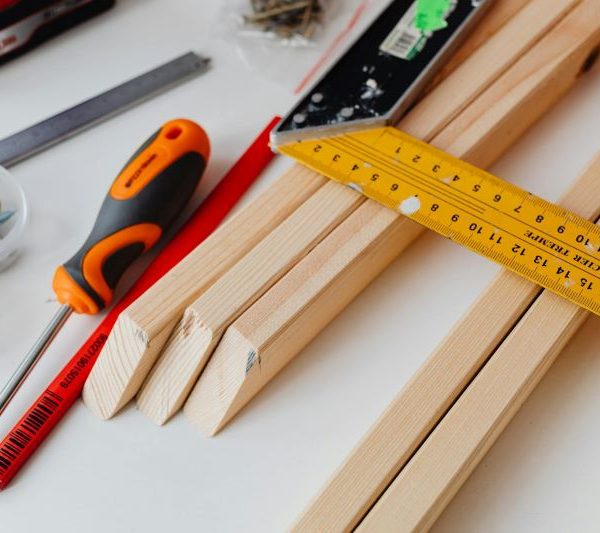WorkBC Assistive Technology Services “A Great Help” for Ronald

Ronald is an insurance estimator. His work requires a lot of communication, both in-person and over the phone.
“[I have] hearing loss, which resulted in missing information (sometimes critical) during calls or in-person meetings, [and I’m] always having to ask people to repeat themselves which slowed the workflow,” he shares.
“[It’s] Much Easier to Do My Job and Communicate With Customers”

After a long career as a service tech working on cars, Robert now works full-time driving the customer shuttle at a car dealership in Kamloops.
“I was suffering hearing loss as a result of working in a shop for 50 years, and I was having trouble hearing directions from customers I was driving,” he shares.
Lois’ New Hearing Aids Enables Her to Work More Efficiently

Lois works as an administrative assistant for a regional health authority. A large part of her job involves taking minutes for meetings and fielding many task requests. The meetings are held both in-person and virtually, and she found she was having trouble with her hearing loss in both contexts.
“My hearing has suffered and causes issues when taking minutes. Having to depend on reading a transcript, reading lips, [and] turning up the volume slows down production and to some extent [affects] accuracy,” she shares.
“I Am Very Thankful [To] This Program for Giving Me [My] Smile, Hope, and Energy Back”

Hazen works as a care aid in a long-term care facility. A young cancer survivor, she has hearing loss as a side effect of her treatment, which affects her confidence in communicating in the workplace.
Through WorkBC Assistive Technology Services, Hazen received funding for hearing aids for both ears.
“I Am Now Able to Hear What I Need to Be Able to Function at My Job”

Lola works in food service at a care home for seniors. She has hearing loss, and with over 100 residents to serve, it was becoming hard for her to hear food orders.
Her audiologist referred her to WorkBC Assistive Technology Services for help funding a new set of hearing aids. She applied and was quickly approved, allowing her to get the hearing aids she needs to do her job.
New Hearing Aids Help Fred Continue to Thrive at Work

Fred works as a sales associate at a building supplies store in the BC Interior. He has hearing loss, which can make his job difficult.
“Adequate communication and understanding is imperative to my position,” he explains.
He had heard about WorkBC Assistive Technology Services from both co-workers, as well as from the local WorkBC Centre. He decided to apply for funding for the hearing aids he needs to do his job — in no time, he was approved.
WorkBC Assistive Technology Services Helps Cheryl to Keep Working

Cheryl works full-time as a booking clerk/secretary in the health care sector.
“I have conductive hearing loss. It was gradual, and then seemed suddenly I had severe hearing loss. I had great difficulty hearing information,” she shares.
Her hearing specialist referred her to WorkBC Assistive Technology Services for help funding the hearing aids she needs for work.
New Hearing Aids Helps Cheng Feel Confident in Taking on More Work

Cheng is a senior consultant for a cross-cultural communications consulting firm, where his role involves facilitating focus groups, consultation sessions, and online interviews. He also works on-call as an interpreter. His hearing loss was making both roles difficult.
“I have difficulties with hearing pitch and tones of individuals who are speaking to me especially in noisy environments. I was finding that I can only hear part of the conversation or speech. As I need to take notes and interpret verbatim, it is very challenging when I am unable to hear the whole [conversation],” he says. He notes that he often can’t interrupt to ask for clarification, and the fact that much of his work takes place over video calls rather than in face-to-face meetings also makes it even more difficult.
WorkBC Assistive Technology Services Helps Liam Train for a New Career

Liam is currently obtaining work experience and looking for employment in the communications sector, while undergoing career training. He was motivated to switch careers because of an injury.
“I have a severe neck injury which makes getting to and from places very difficult, I am re-training so that I can find work from home or hybrid positions,” he shares.
New Hearing Aids Allow Douglas to Do His Job Safely

Douglas is employed as a Marine Field Research Scientist on Vancouver Island, working from small vessels conducting research on marine birds and their prey.
“Hearing loss requires me to use hearing aids in the field for safety reasons,” he shares.



